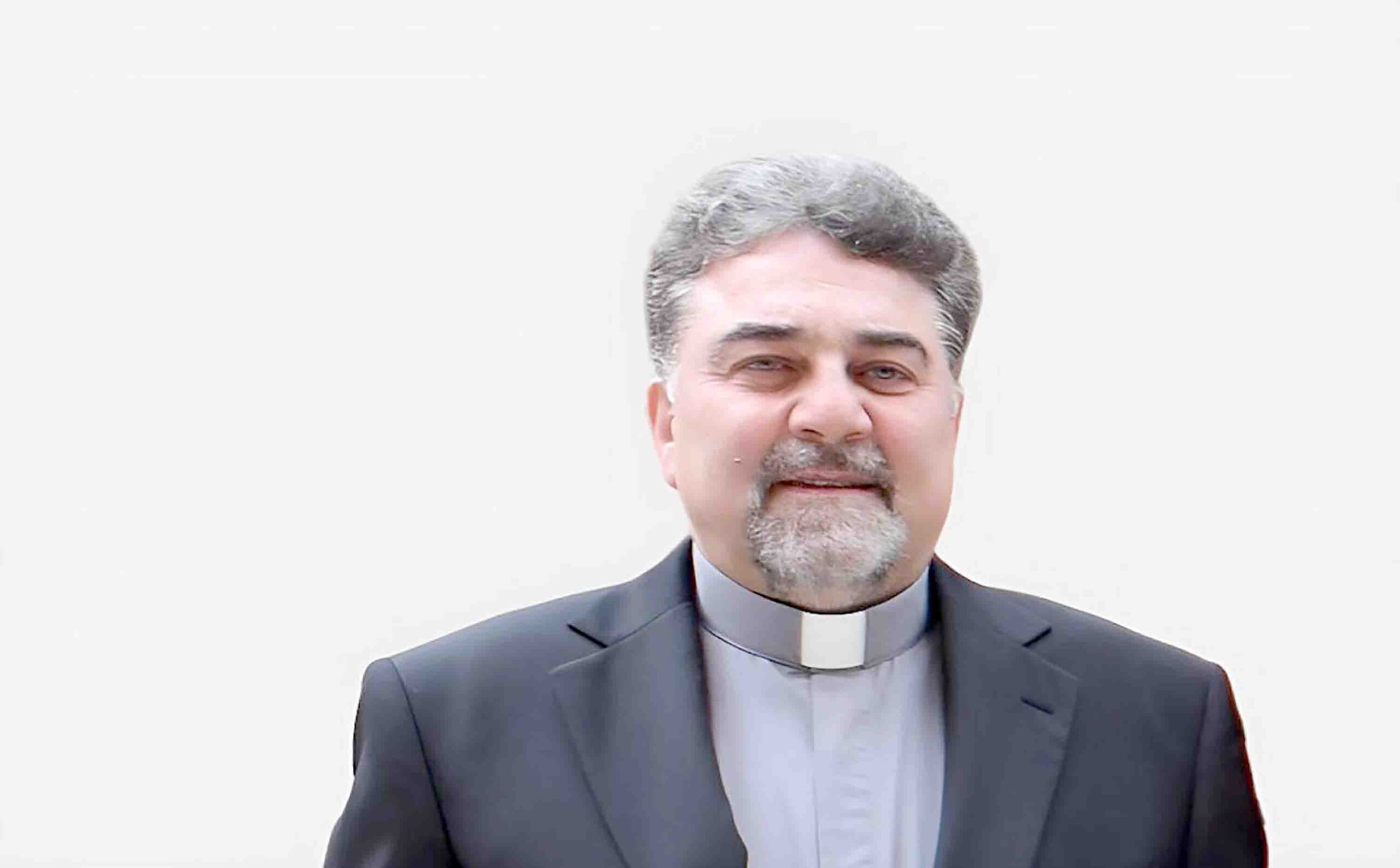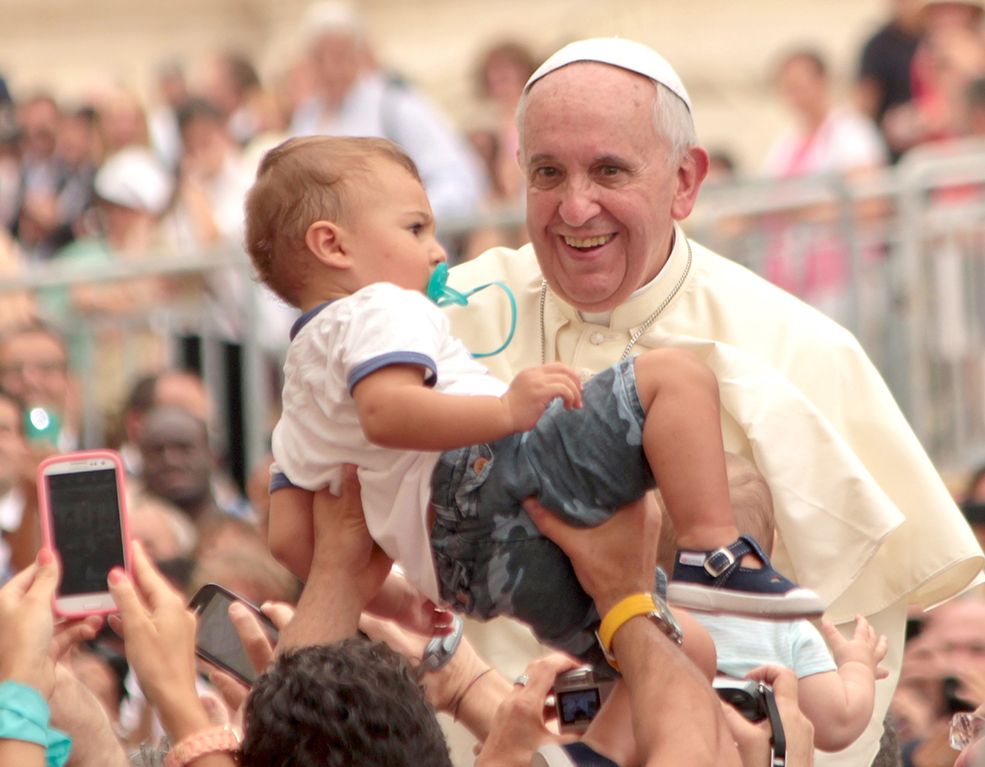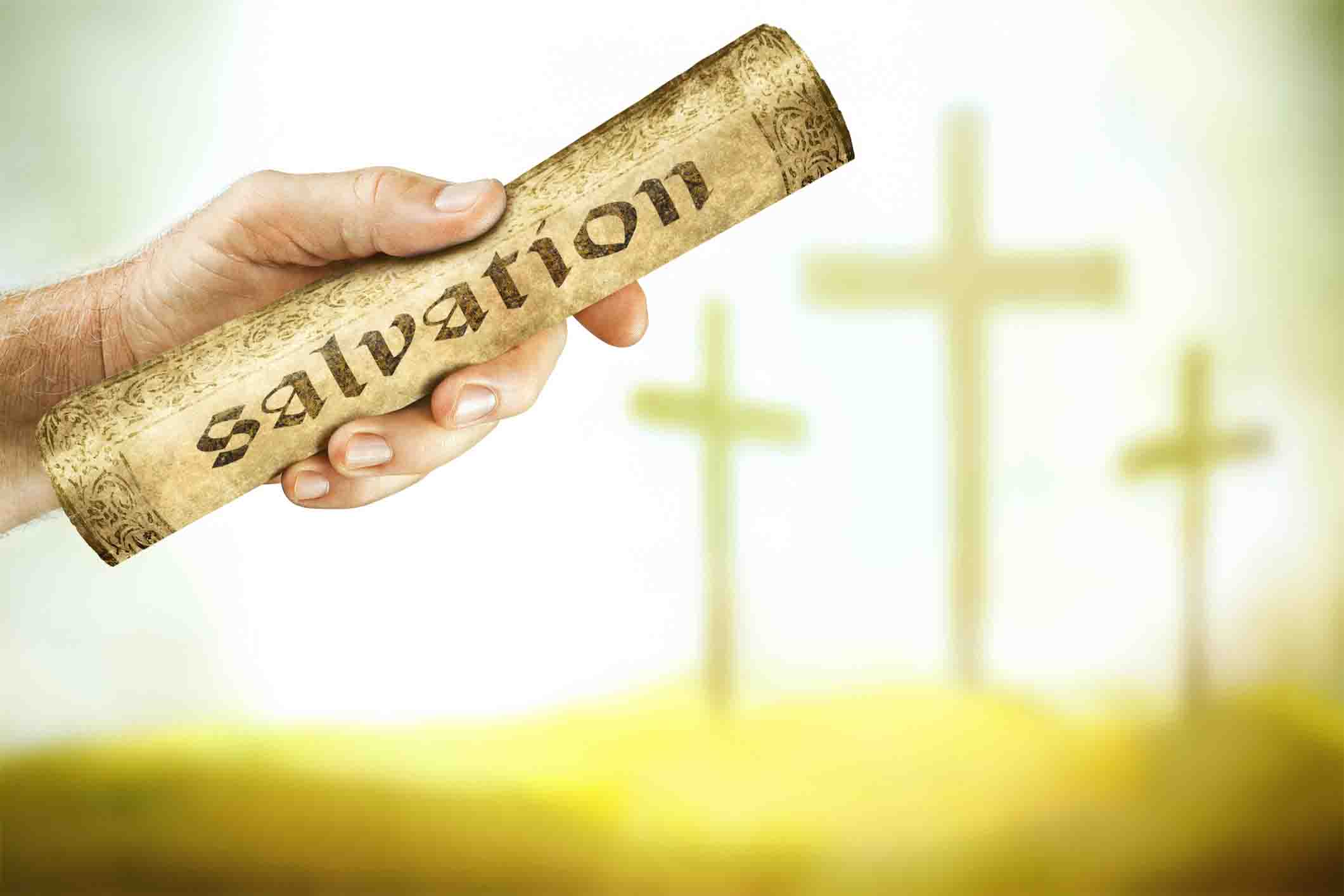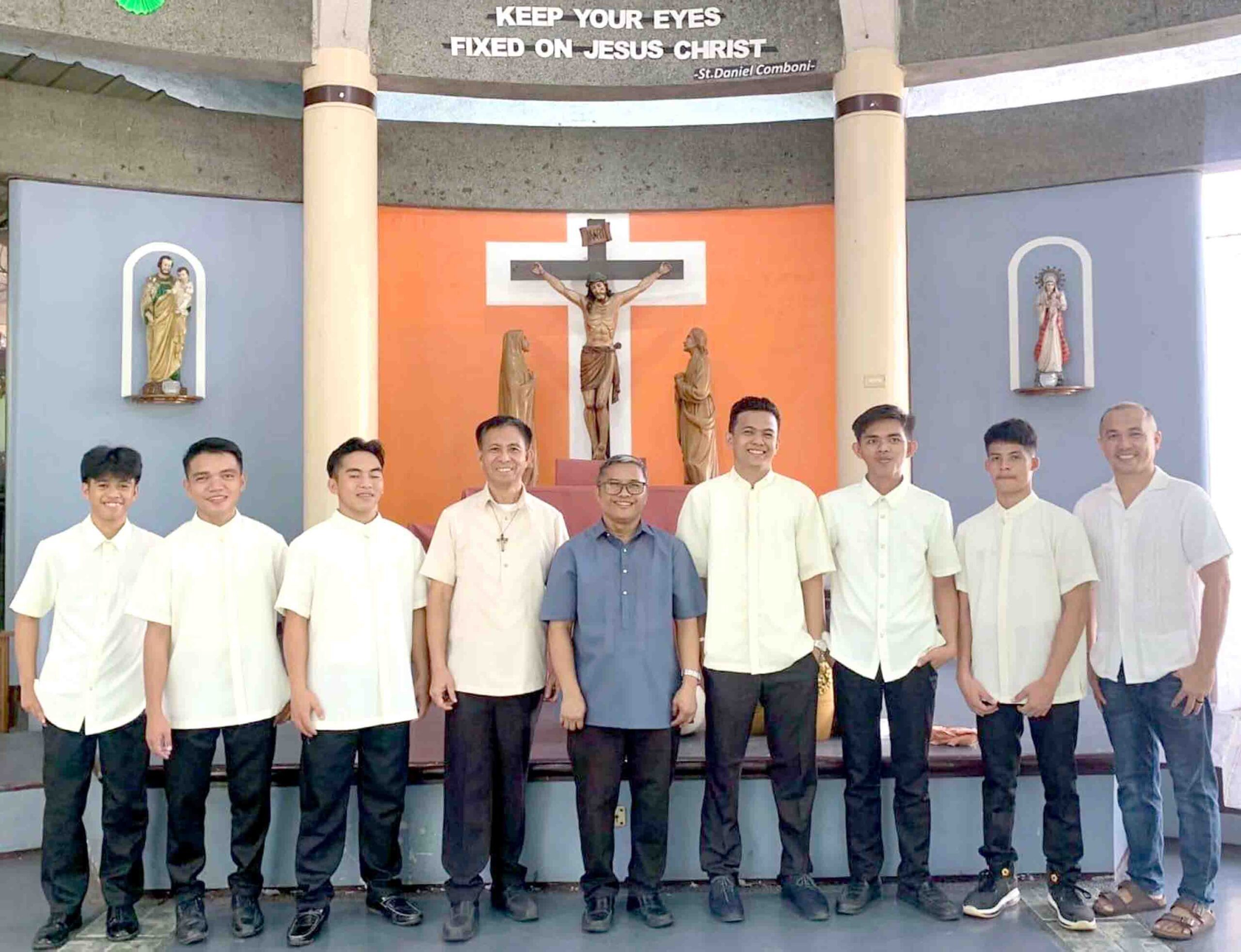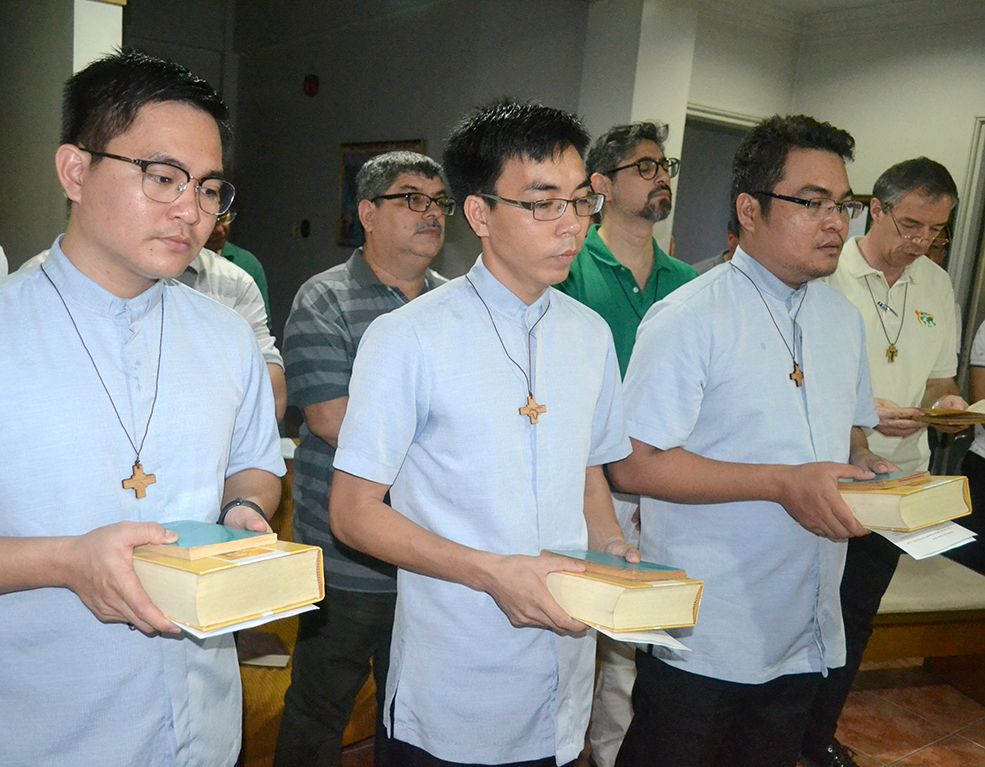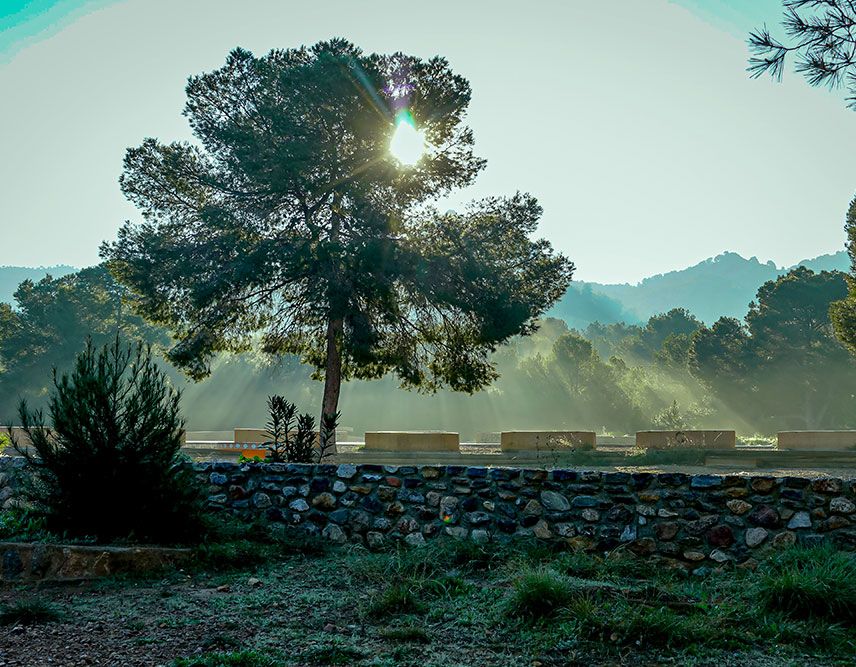Micah, whose name means “who like Yahweh,” was born in the town of Moreshet-Gath, 35 kilometers from Jerusalem, in the 8th century BC., and was part of the kingdom of Judah. He lived at the same time Isaiah was alive in Jerusalem. He was a man of the countryside and often witnessed the exploitation of rulers (Micah, 3:1-4), the powerful (2:1-5), corrupt judges (Micah, 3:9-11) and even false prophets (Micah, 3:5). Like all the prophets, Micah spoke on God’s behalf to accuse Israel, or, as he puts it in chapter 3, “I am filled with strength, with the Spirit of God, and with justice and power, to declare how Israel has rebelled” (Micah, 3:8).
His prophetic mission is marked by a profound experience of God, nurtured from childhood in a God-fearing environment marked by a desire for justice.
The land is a gift from God and the prophet felt in his heart how the great landowners and the powerful of his time marginalized the people and exploited them. Micah is a defender of the people (“my people,” as the prophet says), of the poorest, he is not afraid to speak out and denounce, always in the name of God, out of love for the Lord and for his brothers and sisters.
The situation of injustice, corruption, exploitation and false prophets was not just one of Micah’s time, but still exists today. Just think of the wars and so many deaths, so many families who lose everything, even their lives, because of political issues or a thirst for power on the part of others; just think of how many immigrants die crossing borders or at sea in search of better living conditions.
Often the voices that denounce, that cry out for the poor are silenced (St. Oscar Romero, for example, and so many martyrs who died simply because they loved God and defended their most disadvantaged brothers and sisters).
To have the courage to denounce the evils that affect people, we need a deep love for God and our brothers and sisters, a commitment to prayer and the grace of the Holy Spirit. As the prophet said: “But I am full of strength, of the spirit of the Lord, of righteousness and of fortitude, to tell Jacob of his wickedness and Israel of their sin” (Micah, 3:8).
BEING PROPHETS
The prophet does not limit himself to denouncing corruption and injustice, but his proclamation goes further. The prophet, bearer of hope, also teaches the way forward: “It has been revealed to you, O man, what is good, what the Lord requires of you: nothing but to do justice, to love loyalty and to walk humbly before your God.” The people must turn their hearts to God and put him at the center of their lives.
Micah proposes to his countrymen the formation of an upright moral conscience, which will ensure the living of fundamental ethical values that sustain the community and transform human relationships, generating bonds of fraternity, justice and peace.
Micah could well be one of the prophets of our time. He encourages us to be a voice for the poor, exploited, and marginalized, fighting against corruption, injustice, and false faith. Above all, he teaches us that in order to live in God, we must practice justice, love mercy, and live in the ways of the Lord.
In living out our faith, we often get stuck in a religious formalism that is not fruitful and does not allow us to have a heart that loves. We should reflect on whether our faith is based solely on tradition, culture, and following rules, or whether it is based on a relationship with Jesus. The faith of missionary disciples must be born out of a deep communion with Jesus. This is the essence of our faith: it’s not enough to pray and participate in the Eucharist or in apostolic groups. We have to live the love and in the love of God (cf. 1 Corinthians, 13:2); we have to love our brothers and sisters (a task that is so often difficult); we have to practice justice in an unrighteous and godless world; we have to be people of God.
LAND DEFENSE
In 2015, when I visited Mozambique, one of the Justice and Peace activities in which the Comboni Lay Missionaries (CLM) were involved in the Carapira area of Nampula province, was land defense. Many multinationals wanted to take over large tracts of land and, with the help of some people, they tried to take it away from the poor peasants, sometimes in exchange for money (which disappeared in a few months, and then there was no land to cultivate), sometimes at the cost of threats, including arrests.
One of our Lay Missionaries, Flávio Schmidt, was involved in accompanying the people, educating them, explaining their rights and, sometimes, being present at the meetings scheduled for the “presentation of proposals.” However, his presence at these meetings was not always well received by those who wanted to exploit/deceive the people. However, the people often thanked him for being there, for being with them, and for caring about them. Like Micah, we cannot allow the thirst for wealth and power of a few to destroy us as a community, as a society.



















